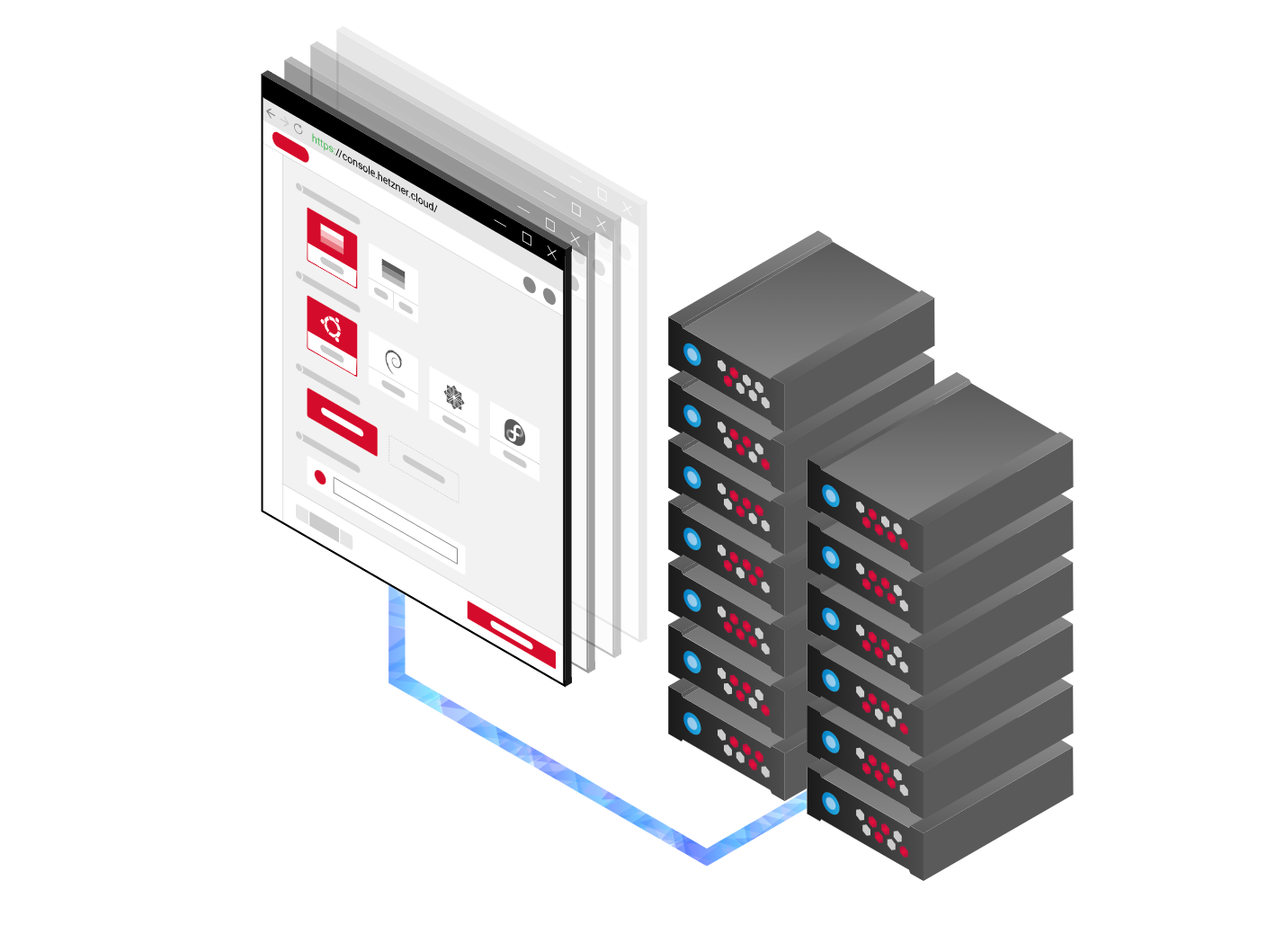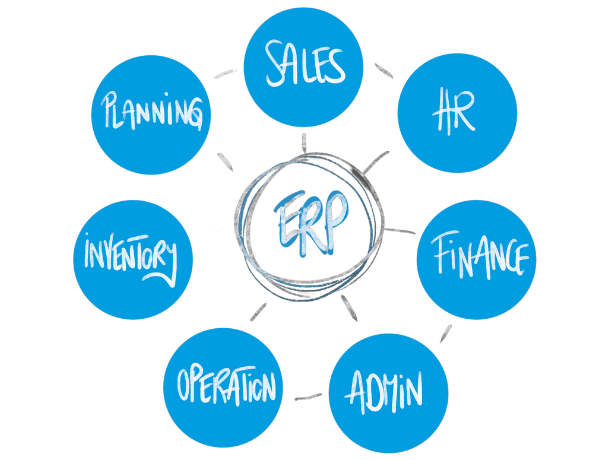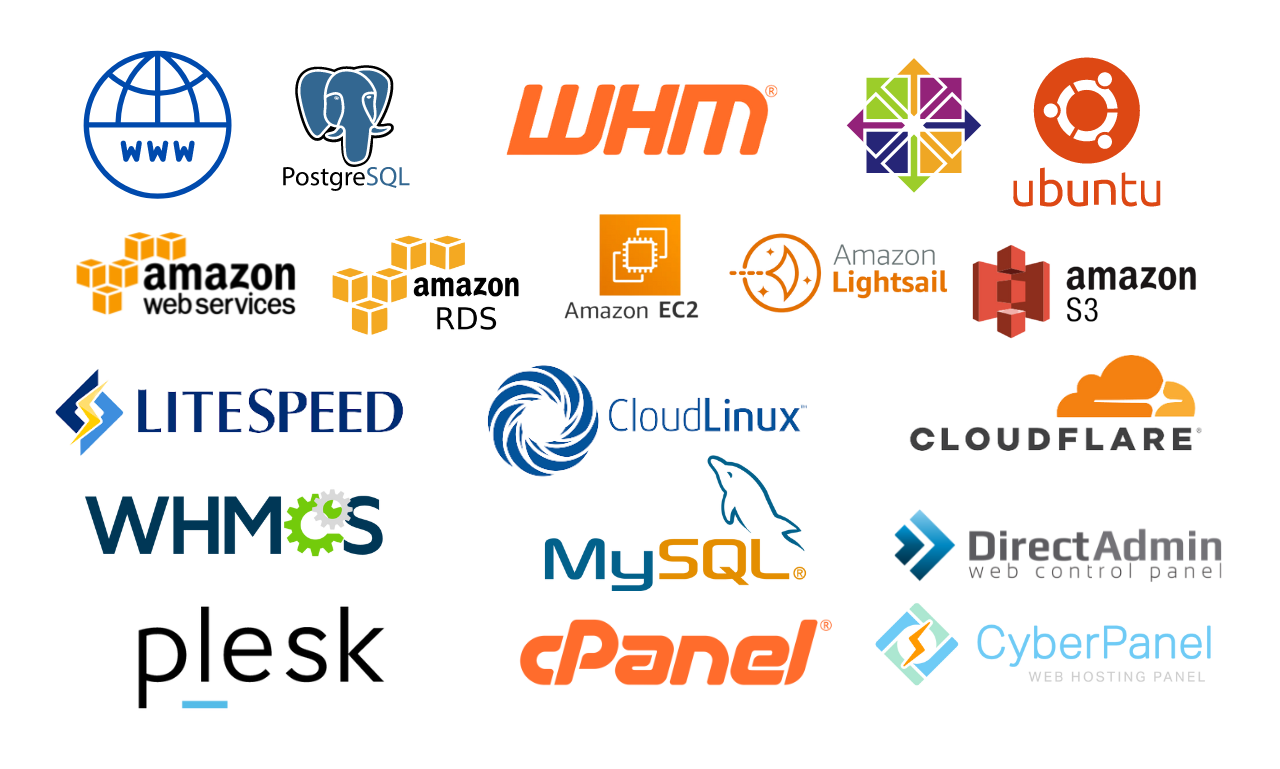Global Cloud Infrastructure
Cloud Infrastructure
Cloud Infrastructure is the most secure, extensive, and reliable cloud platform, offering over 200 fully featured services from data centers globally.
Security
Security at starts with our core infrastructure. Our Infrastructure is monitored 24/7
Availability
We deliver the highest network availability of any cloud provider.
Performance
The Global Infrastructure is built for performance.
Scalability
Global Infrastructure enables companies to be highly flexible and take advantage of the conceptually infinite scalability of the cloud.
Flexibility
Global Infrastructure allows you to choose how and where to run your workloads.
Global Footprint
We have the most significant global infrastructure footprint of any provider.


Cloud-Based ERP Software
Financial Accounting
Utilize the analyzing and evaluating to start managing accts, money transfers, and taxation.
Customer Relationship Management (CRM)
Generating leads technology lets users monitor every step of the sales process, from generating leads to digital marketing to customer emails and phone calls.
Human Resources (HR)
Utilize customizable frameworks to keep track of costs, transportation requests, and worker advancements.
Sales and Purchasing
Organize sales-related tasks like material requests, estimates, orders, and delivery tracking.
Project Management
To expedite the job, plan, timetable, and keep track of the project's actions.
Asset Management
Control and archive asset data, such as its prestige, placement, return policy, general liability, amortization, and other details.
Order Management
To ensure uniformity in the distribution chain, keeping a particular viewpoint of the goods and equities across all places is critical.
Mobile App for Multi-Vendor Marketplace
Grocery & Food
Start a food marketplace and build an app to order food with it.
Digital Products
Multi-Vendor supports downloadable products by default.
Pharmacy
Selling pharmacy and medical supplies requires detailed product pages with descriptions, features, and images.
Electronics
Classic. Our marketplace solution and the multi-vendor application are tailored perfectly to selling electronics.
Health & Beauty
Like pharmacy, health and beauty products require detailed descriptions and quality photos. The mobile app supports these features by default.
Home & Garden
The multi-vendor app is designed to sell physical products, so selling home and garden goods with an app is a perfect use case.


Powerful eCommerce Management
Vendor Management
Vendors are the driving force of your marketplace.
Seller Management
Manage your sellers effectively, communicate with them, and promote them.
Marketing Tools
Attract more sellers and take your marketplace to the next level.
Difficulties of design
code-based platforms are difficult to manage for citizen users.
Possibilities of design
This point is not about simplicity but about the range of design tools.
eCommerce Online Marketplace
Business-to-Business (B2B)
Business-to-business (B2B) refers to the production of goods and services by an enterprise, particularly a sector, to certain other enterprises. The above types of representatives do not seek out as many clients as possible.
Business-to-Customer (B2C)
When a company deals effectively with consumers, it uses the business-to-customer (B2C) model. Absolute economy behemoths like Amazon, eBay, AliExpress, and other similar names are defined in this sector.
Customer-to-Customer (C2C)
A customer-to-customer (C2C) platform is what, exactly? The final illustration is a store called Semexe.com that retails utilized bikes to customers directly.


Big Data Needs Big Web Hosting
AWS (Amazon Web Services)
Amazon EC2 (Elastic Compute Cloud) for starters is one of Amazon’s most successful products.
Amazon Dynamo DB:
A NoSQL (not only SQL) database service that’s fully managed and promises high tolerance against faults. With seamless scalability and independent provisioning capabilities, DynamoDB significantly reduces any need for active human intervention.
Amazon Simple Storage Service (S3):
Though thin on features, the Amazon Simple Storage Service is especially for high-scale performance and massive storage capacities.
Amazon High-Performance Computing (HPC):
This service supports sophisticated tasks with specific needs. High-end professionals like scientists and academics use HPC for its high performance and rapid delivery, along with other industries too.
Amazon Redshift:
The focus of Redshift is to provide extreme storage capabilities to deliver massive data warehousing. Of course, supported by the strong foundation of MPP architecture.
Amazon Web Services (AWS)
Cloud Migration: We provide end-to-end migration services to help you move your existing applications and workloads to the cloud.
Infrastructure Design and Setup: We can design and setup the right cloud infrastructure to meet your organization’s needs.
Cloud Security: We ensure that your applications and workloads are secure in the cloud and provide the necessary security controls.
Cloud Optimization: We optimize your cloud infrastructure to maximize performance, reliability, and scalability.
DevOps Services: We provide DevOps services to help you automate and manage your cloud infrastructure and applications.
Monitoring and Reporting: We can provide real-time monitoring and reporting of your cloud environment to ensure maximum performance and availability.
Cost Optimization: We can help you reduce costs by managing your usage and optimizing your cloud architecture.
Support Services: We provide 24/7/365 support to ensure that your cloud infrastructure is always up and running.

Welcome to INFORMATICS SYSTEMS, a pioneering force in Software Development, Cloud Infrastructure, E-Commerce, Hosting, and more. With a presence that spans Bangladesh and the global market, we are a one-stop solution provider for businesses seeking innovation, efficiency, and growth.
Software Development & Custom Solutions:
At INFORMATICS SYSTEMS, we craft custom software solutions tailored to our client's needs. From developing Enterprise Software to offering SaaS solutions, our expertise is marked by quality, creativity, and cutting-edge technology. Our comprehensive services include iOS and Android App Creation, designed to provide engaging and functional mobile experiences for diverse audiences.
Enterprise Software Development:
INFORMATICS SYSTEMS develops custom enterprise software tailored to each client's unique requirements. Our team of experts works closely with you to understand your business goals, designing and implementing solutions that streamline operations, improve efficiency, and foster collaboration.
Services include:
- Business Process Automation
- Customer Relationship Management (CRM) Systems
- Enterprise Resource Planning (ERP) Solutions
- Supply Chain Management Systems
SaaS Solutions:
We provide Software as a Service (SaaS) solutions that enable businesses to access and use software applications over the internet. Our cloud-based offerings are scalable, secure, and can be tailored to the specific needs of various industries.
SaaS Offerings include:
- Human Resources Management
- Financial Management Systems
- Project Management Tools
- Marketing Automation Platforms
Mobile App Creation:
Our experienced team of mobile developers creates intuitive and engaging iOS and Android apps, designed to enhance user experience and meet your strategic objectives.
Mobile App Services include:
- Design and Development
- User Experience (UX) and User Interface (UI) Optimization
- Cross-platform Development
- App Store Optimization and Marketing
Cloud Computing & Infrastructure:
We provide robust Cloud Computing Solutions, including Managed Cloud Services, Cloud Hosting Providers, and Virtualized Infrastructure. Our Cloud Linux Optimization ensures a seamless and efficient infrastructure that caters to businesses of all sizes. With specialists in LiteSpeed Hosting Performance, we deliver lightning-fast and reliable services that stand out in the global market.
E-Commerce & Online Shopping Solutions:
Our E-Commerce Platforms are synonymous with success. Whether it's CS-Cart Customization or Secure E-Commerce Hosting, we facilitate an unmatched online shopping experience. Our solutions are engineered for convenience, security, and scalability, propelling businesses to new heights in both the Bangladesh market and beyond.
Hosting & Server Management:
As a premier Web Hosting Services provider, we offer Dedicated Server Hosting, Managed Hosting Providers, WHM cPanel Hosting, and Plesk VPS Hosting. Backed by Imunify360 Security and Jetbackup Data Recovery, our hosting solutions ensure your online presence is secure, reliable, and always available.
ERP & Business Automation:
Our ERP Software Solutions and Business Process Automation services streamline operations and fuel growth. From Enterprise Resource Planning to ERP Integration Services, our customized solutions drive efficiency and integration across all business functions.
Billing & Security Solutions:
With WHMCS Automation and Billing, we provide an all-in-one client management, billing & support solution for online businesses. Paired with Imunify360 Server Protection, we ensure your business's critical data and processes are well-guarded.
Why Choose INFORMATICS SYSTEMS?
1. Comprehensive Services: Our extensive offerings cover everything from Software Development to Mobile App Development, Hosting, and more.
2. Global Reach: Serving clients in Bangladesh and worldwide, our solutions transcend borders and industries.
3. Innovation & Excellence: Leveraging the latest technologies, we provide cutting-edge solutions that position your business at the forefront of your industry.
4. Trusted Partnership: Our long-term relationships with clients reflect our commitment to quality, integrity, and success.
5. 24/7 Support: Our dedicated team is always available to provide support, ensuring uninterrupted operations and peace of mind.
Join hands with INFORMATICS SYSTEMS, and embark on a journey towards technological excellence and business transformation. We're here to propel your business to greater heights in Bangladesh or worldwide. Contact us today, and let's shape the future together.







